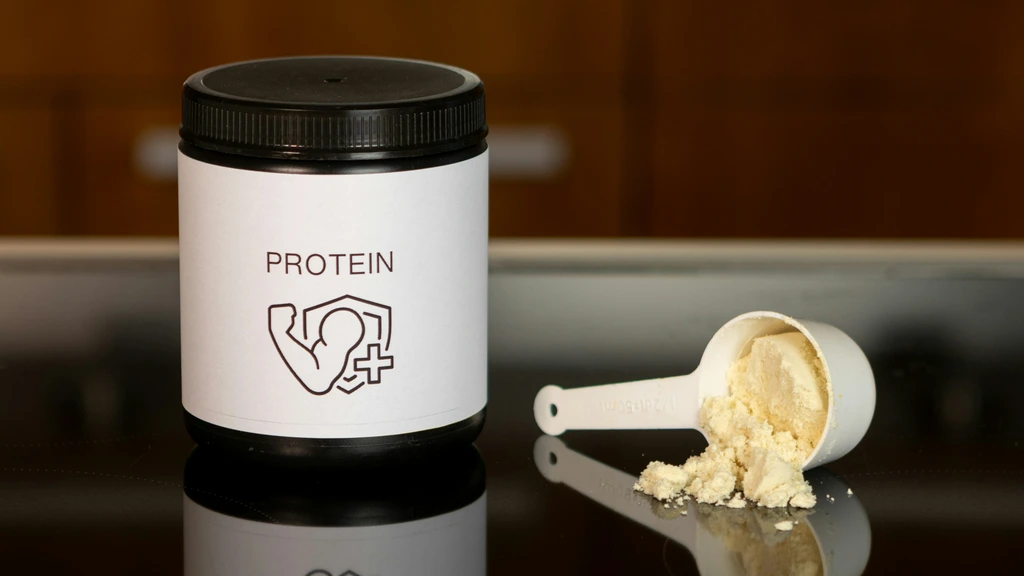Magnesium is a vital mineral involved in various physiological processes, including muscle function and energy production. But is it necessary to supplement with magnesium after a workout? In this article, we’ll explore the role of magnesium in post-workout recovery and whether supplementation is beneficial.
The Importance of Magnesium:
Magnesium plays a crucial role in muscle contraction and relaxation, making it essential for athletic performance and recovery. It is also involved in energy metabolism, protein synthesis, and electrolyte balance, all of which are important during and after exercise.
Magnesium Loss During Exercise:
Intense physical activity can lead to magnesium loss through sweat and urine. As magnesium is excreted from the body during exercise, replenishing these stores post-workout is essential to maintain optimal levels.
Benefits of Taking Magnesium After a Workout:
- Muscle Recovery: Magnesium supplementation may help reduce muscle soreness and improve recovery time by supporting muscle relaxation and reducing inflammation.
- Electrolyte Balance: Magnesium is an electrolyte, along with sodium, potassium, and calcium. Replenishing magnesium levels after exercise helps maintain electrolyte balance, which is crucial for proper muscle function and hydration.
- Energy Production: Magnesium is involved in ATP (adenosine triphosphate) production, the primary energy currency of cells. Supplementing with magnesium post-workout may support energy production and overall performance.
Considerations Before Supplementation:
While magnesium supplementation can offer benefits for some individuals, it’s essential to consider a few factors:
- Dietary Intake: Many foods, such as leafy greens, nuts, seeds, and whole grains, are rich sources of magnesium. If your diet is already rich in these foods, you may not need additional supplementation.
- Individual Needs: The amount of magnesium needed varies from person to person based on factors such as age, sex, activity level, and overall health status. Consulting with a healthcare professional or registered dietitian can help determine your specific magnesium needs.
- Form of Magnesium: Not all forms of magnesium are created equal. Some forms, such as magnesium citrate or magnesium glycinate, may be more readily absorbed by the body than others.
While magnesium plays a vital role in post-workout recovery and overall health, supplementation may not be necessary for everyone. Maintaining a balanced diet rich in magnesium-containing foods is the first step in ensuring adequate intake. However, for individuals with low magnesium levels or intense training regimens, supplementation under the guidance of a healthcare professional may be beneficial in supporting recovery and performance. Always consult with a healthcare provider before starting any new supplement regimen.











Discussion about this post